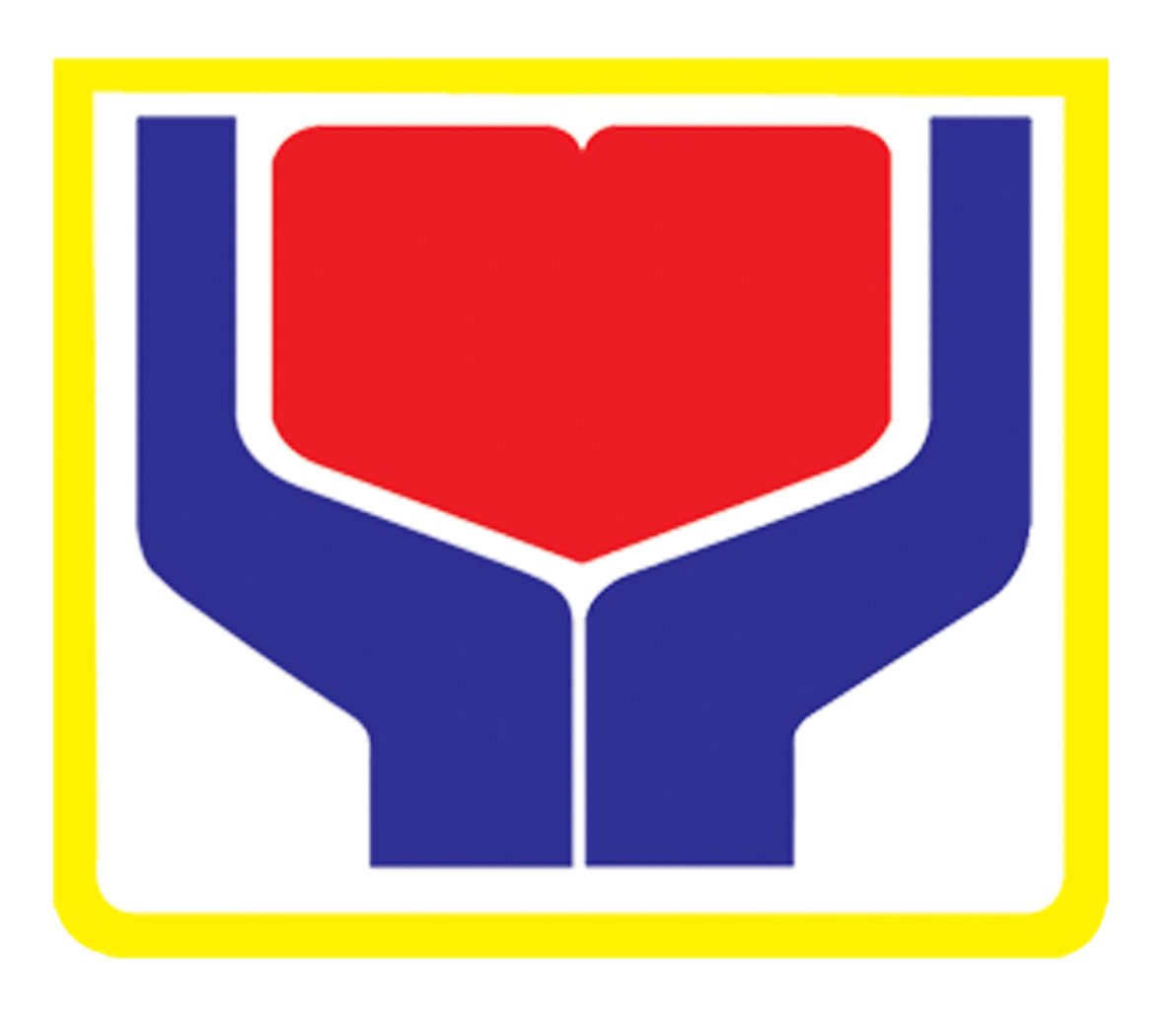Ms. Nerissa Abela, representative from Philippine Health Insurance Corporation (PhilHealth), answers questions of beneficiaries of the Pantawid Pamilyang Pilipino Program regarding the free health insurance offered to them by the agency during a dialogue between program beneficiaries from Lucban, Quezon and the members of the regional and provincial advisory committees last June 10, 2015.
PhilHealth is one of the national agencies, together with DepED, DOH, NAPC, DA, DAR, DILG and NEDA among others, who is a member of the Regional Advisory Committee for the DSWD’s Pantawid Pamilyang Pilipino Program. These agencies work together to help improve the lives of the poor through targeting their programs and services to the beneficiaries of the program.#
________________________________________________________________________________
It is not just DSWD’s task
Reg’l and prov’l agencies commit support to help the poor
Members of the Regional Advisory Committee (RAC) and the Quezon Provincial Advisory Committee (PAC) commit full support to help improve the living condition of the beneficiaries of the Pantawid Pamilyang Pilipino Program.
In a two-day joint RAC and PAC meeting held in Lucena City and Lucban, Quezon last June 9-10, 2015, members of the two advisory committees discussed ways on how they can converge their programs and services for the poor.
“We are regularly convening the regional and provincial advisory committees not just to showcase good practices of all agencies but also to find solutions to the concerns of our beneficiaries. This way, all the concerned agencies can effectively plan their programs and services so that the impact of our efforts will be greatly felt by the beneficiaries,” shared DSWD IV-A Regional Director Leticia T. Diokno.
To date, there are at least 326,000 registered Pantawid Pamilya beneficiaries in the CALABARZON Region and are provided with cash subsidies to help support the educational and health needs of children who are zero to 18 years old.
Other agencies are also helping these beneficiaries through various interventions such as college scholarships or the Expanded Student Grants-in-Aid Program for Poverty Alleviation by the Commission on Higher Education, free health insurance by the PhilHealth and livelihood opportunities by the Department of Agrarian Reform and Department of Public Works and Highways, among others.
Besides national government agencies, local government units and civil society organizations provide programs and services to these beneficiaries to help improve their level of well-being.
During the second day of the activity, members conducted a field visit in Lucban, Quezon and held a dialogue with selected parent leaders from the said municipality.
According to Ms. Nerissa Abela, representative from PhilHealth IV-A, talking to the beneficiaries of the program gave partners like them a first-hand knowledge of how their programs and services are helping the poor and gave them opportunities to answer queries from the beneficiaries themselves.
Ms. Jessica Canto of the National Anti-Poverty Commission shared that the convergence of services of agencies ensures that the resources of the government are maximized.
“What we (referring to all agencies) must look into today is how these Pantawid Pamilya families will be transitioned to self-sufficiency. It is not just DSWD’s task but of all the national agencies and local government units,” shared Canto.#
